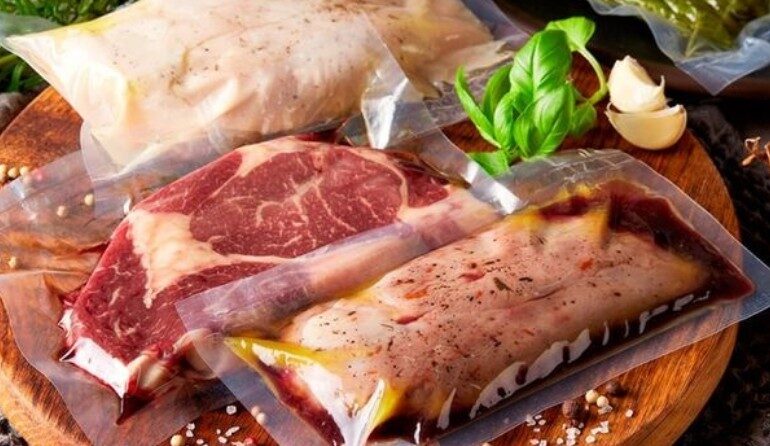
Avellon Williams
HAVAN, CUBA – Cubans are constantly under the watchful eye of the government. They are not allowed to travel freely, they can’t own property, and can’t even open a U.S. bank account. All these rules have been in place for decades, but now they’re starting to change. Now that Cuba is opening up their economy to foreign investment and tourism. Cubans will have some freedom than ever before.
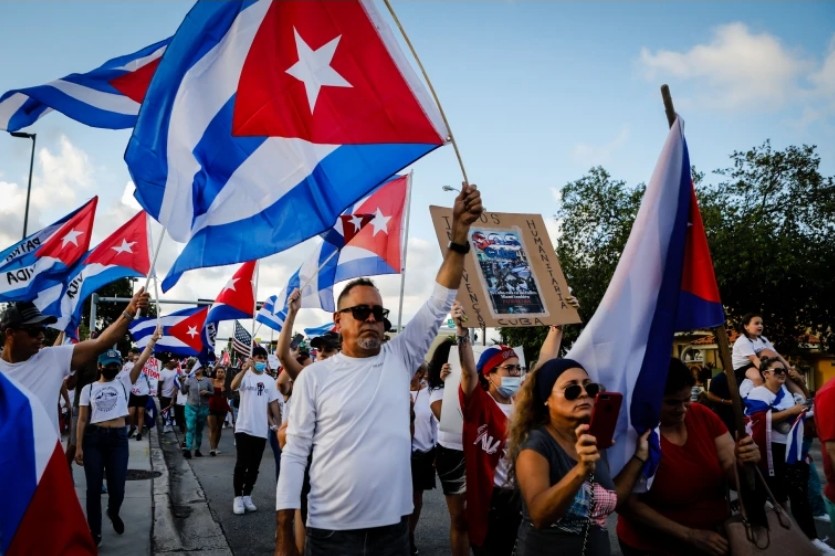
Various foods, such as fresh meat, sausages, seafood, and other items, can now be imported to Cuba as long as they are vacuum-packed to be transported by travelers and individuals, according to a resolution released on Tuesday by the Ministry of Agriculture and the National Center for Animal Health.
As a result of this document, several products which were banned from entering before will now be allowed entry. On the condition that they arrive properly sealed and identified, “facilities” will be provided to anyone who brings to the Island fresh, frozen, dehydrated, or semi-finished meat, such as hamburgers and picadillo.
Providing the same packaging conditions, sausages such as ham, chorizos, and salami may be imported temporarily.
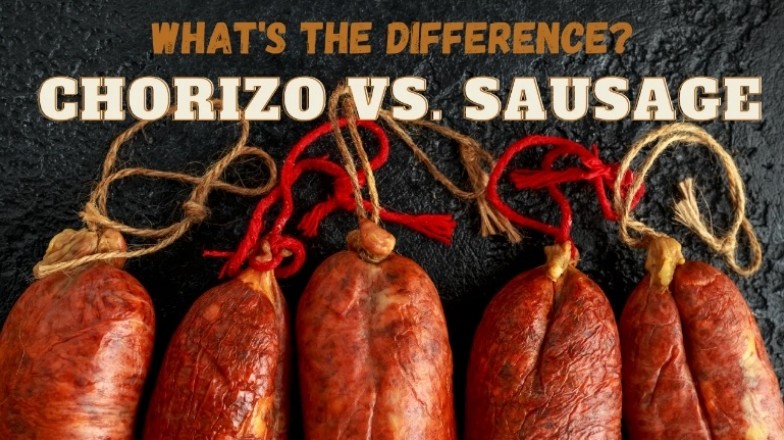
All preserves and products of the marine product category, milk powder, ultra-high-temperature fluid milk, dairy desserts, and mature cheeses will require authorization for entry.
It continues to be “absolutely” prohibited to enter any form of conservation with unpasteurized milk or dairy products. To prevent the introduction of biological agents which cause diseases harmful to domestic animals, wildlife, and humans, this restriction must remain in place.
Moreover, the Ministry of Agriculture provides a list of “eligible countries” from which imports are allowed, which “could be modified as animal health conditions change in places of origin.”
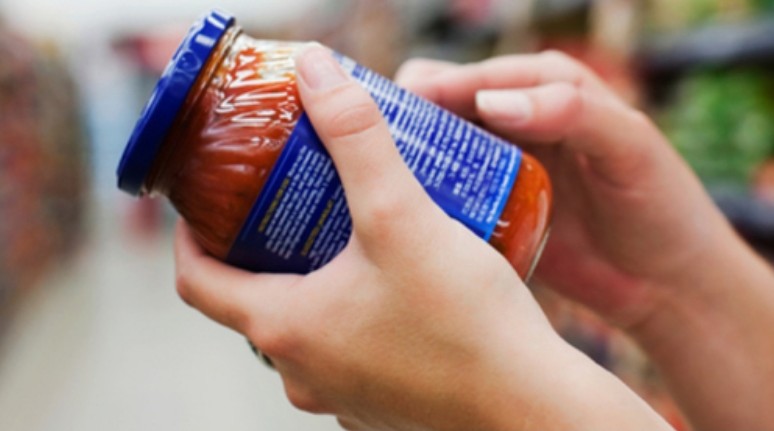
A clear indication of the country of origin must appear on the product label in the following countries: Spain, the United States, Portugal, Canada, Mexico, Panama, Costa Rica, Nicaragua, Brazil, Argentina, Chile, and Uruguay.
It provides for immediate confiscation and incineration of products “whose packaging suffers some breakage or deterioration.”
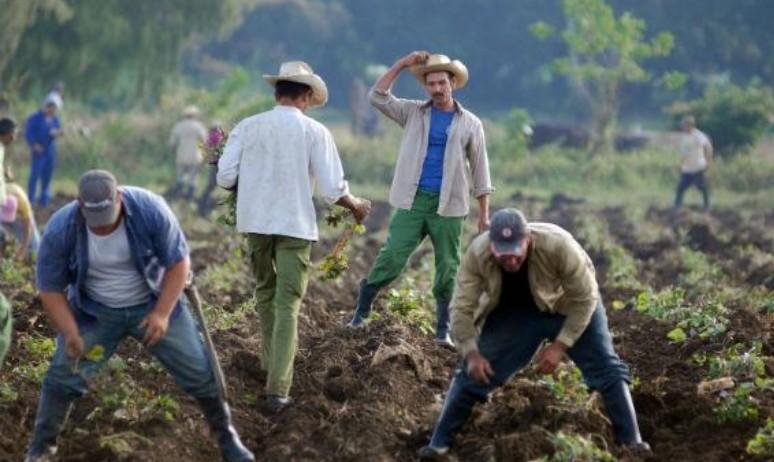
Cuba, which is now experiencing a crisis of large-scale agricultural production, hopes the new regulation will alleviate food shortages. Inflation, scarcity of food, and the need to resort to informal and formal foreign exchange markets make food one of the most pressing issues for the population.
Several weeks after the government passed a law establishing food sovereignty, this measure has been taken. This legislation promised to “produce food sustainably and to provide sufficient, diverse, balanced, nutritious, harmless, and healthy food to the entire population while reducing dependence on external inputs and means while respecting cultural diversity and the environment.”
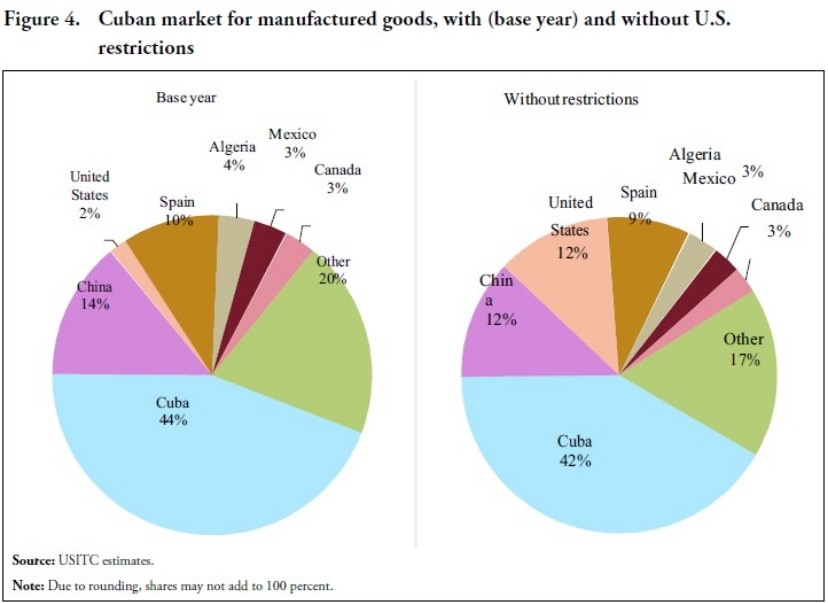
Cuba, a country that imports about 80% of its food, is seeking a solution to its food problem overseas by implementing regulations that contradict the text on food sovereignty.
In Cuba, there is no freedom of speech or assembly. The Cuban Constitution proclaims that the Communist Party is “the superior leading force of society and the state.” It also states that “the socialist state recognizes and promotes the role of women in society.” However, Cubans have little say in their own lives because all major decisions are made by a single party: the Communist Party.
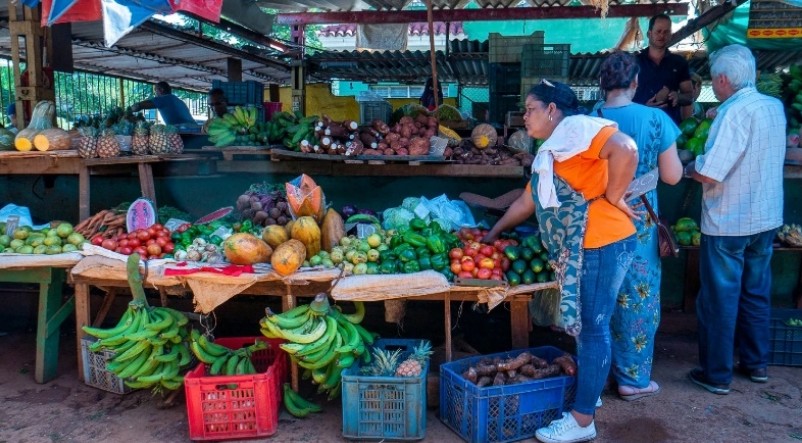
Cubans are some of the most resourceful people in the world. Despite this, Cubans have managed to find ways to make the most out of their lives.




